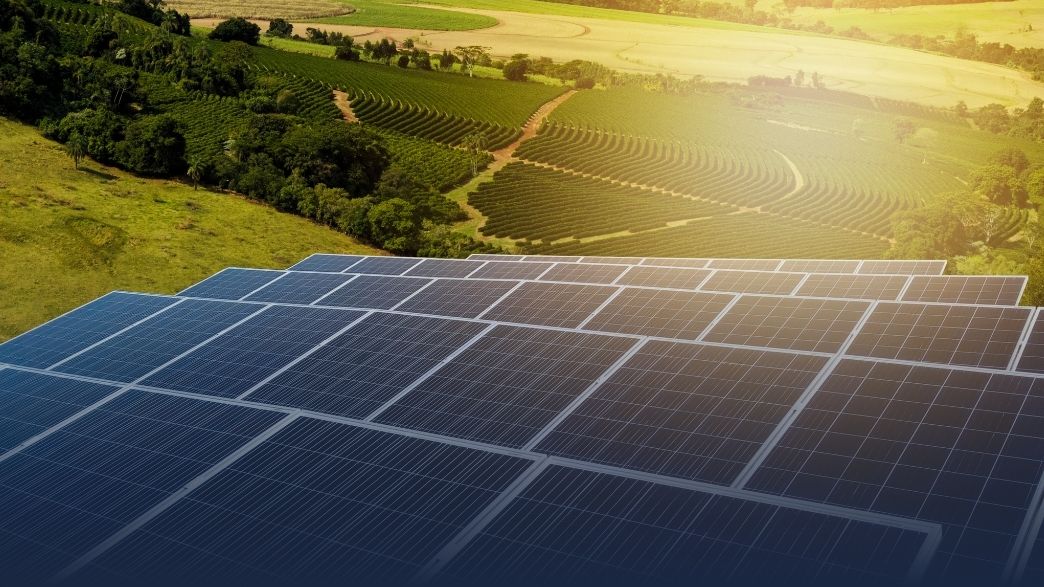Global warming, exacerbated by record high temperatures, highlights the urgency of climate action, according to the latest report from the Intergovernmental Panel on Climate Change (IPCC). In this scenario, the energy transition emerges as a fundamental strategy, placing Brazil in a prominent position in the adoption of renewable energy and the promotion of sustainable practices.
The energy transition, characterized by the replacement of fossil fuels with renewable sources, is accelerating globally. In 2023, global investment in energy transition reached a record US$1.77 trillion, an increase of 17% compared to the previous year, according to BloombergNEF’s “Energy Transition Investment Trends 2024” report. This increase reflects growing regulatory pressure and demand from investors and customers for more sustainable solutions.
In Brazil, the scenario is equally promising. The country was the sixth largest investor in energy transition in the world in 2023, with US$34.8 billion invested, according to Bloomberg. The nation stands out for its already clean energy matrix and the potential in renewable sources such as solar, wind and biogas. Experts from consultancy McKinsey point out that Brazil can lead in renewable energy, bioenergy and carbon markets, with a market potential of more than US$125 billion.
Solar and wind energy, in particular, have shown robust growth. The Brazilian Photovoltaic Solar Energy Association (Absolar) predicts that solar energy should attract R$39 billion in new investments in 2024. Furthermore, Brazil achieved 93% of its energy generation from renewable sources in 2023, according to Electricity Trading Chamber (CCEE).
Brazil is positioned to be a leader in the energy transition, with significant opportunities for growth in clean technologies and innovation. The country’s commitment to decarbonization, evidenced by record investments and a rich renewable energy matrix, signals a promising future. The energy transition is not limited to replacing energy sources, but encompasses a comprehensive transformation in the industrial, transport and agricultural sectors, promoting sustainability and operational efficiency. With continued investments and improved incentive policies, Brazil can not only achieve its climate goals, but also reinforce its position on the global economic scene as a pioneer in the green economy.

Comment